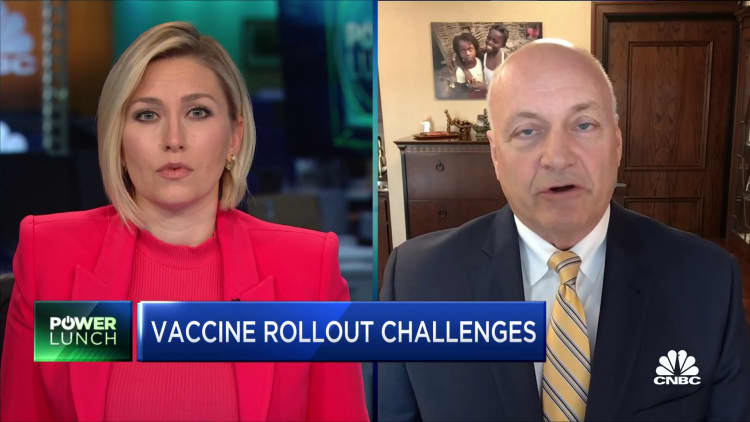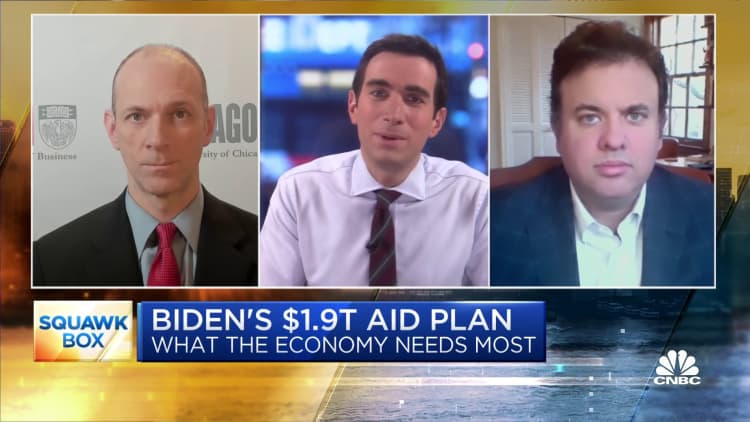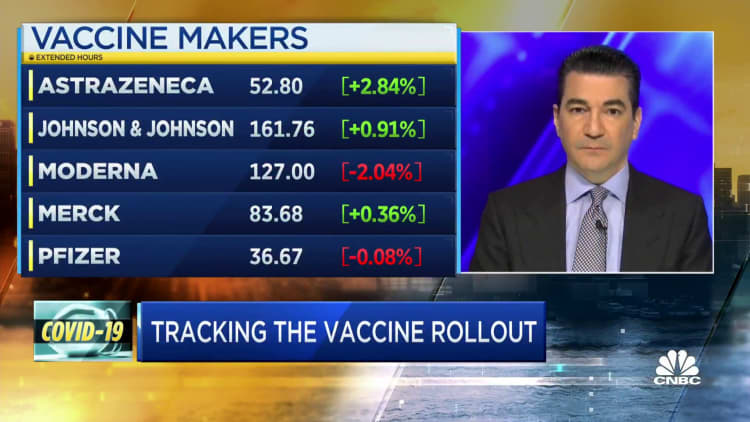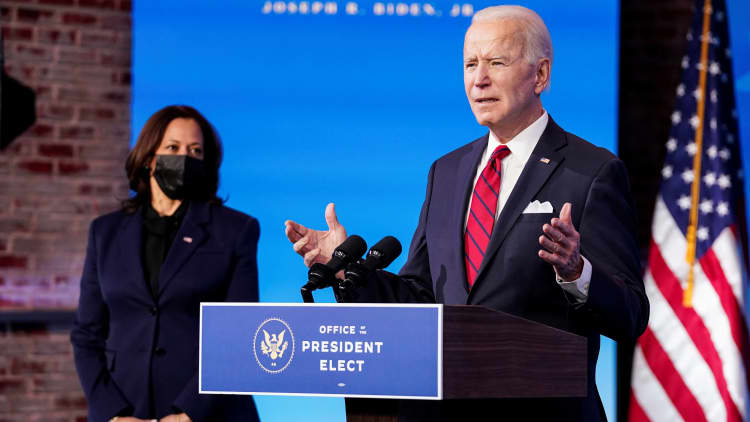The global Covid-19 vaccine rollout is still gaining steam. Meanwhile, new variants of the virus are beginning to pile up. The Centers for Disease Control and Prevention warned on Friday that a Covid mutation first detected in the U.K. could become the dominant strain in the U.S. by March. Ohio researchers say they have detected a separate new virus strain in Columbus, and mutations detected in South Africa, Brazil and now Germany, are also circulating. There's not much data yet on how effective known vaccines and treatments are against the various mutations, but experts say it's likely the drugs will work just as well.
Here are some of the biggest developments Tuesday:
The U.S. is recording at least 207,300 new Covid-19 cases and at least 3,230 virus-related deaths each day, based on a seven-day average calculated by CNBC using Johns Hopkins University data.
The following data was compiled by Johns Hopkins University:
- Global cases: More than 95.91 million
- Global deaths: At least 2.04 million
- U.S. cases: More than 24.16 million
- U.S. deaths: At least 400,022





